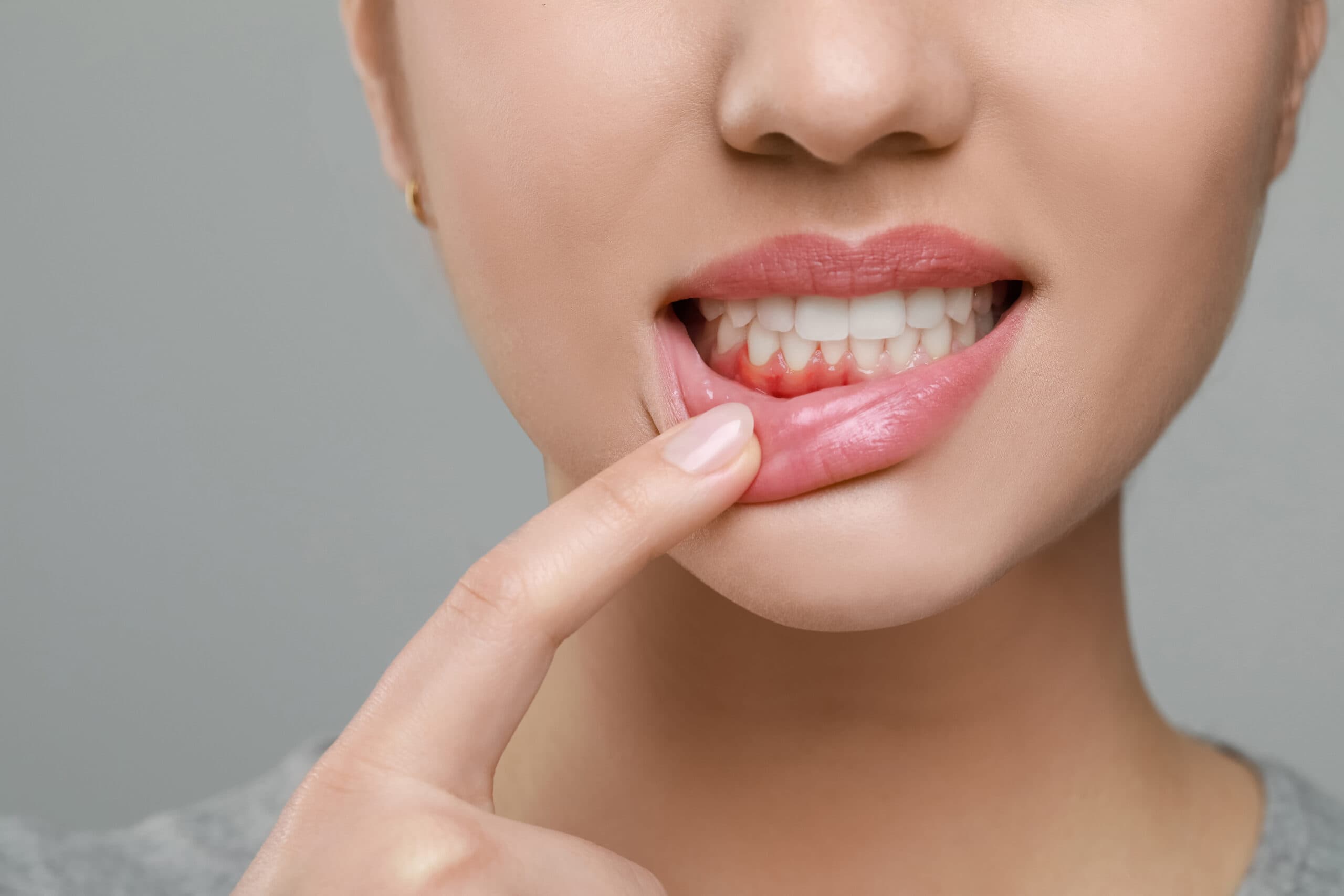November is National Diabetes Month. According to the American Diabetes Association, in 2015, 30.3 million Americans, or 9.4% of the population, had diabetes. Having high blood sugar weakens the body’s ability to fight infection. When it comes to oral care, if your diabetes isn’t managed, your dental health can suffer.
Gum Disease
People with diabetes are at special risk for periodontal (gum) diseases. These are infections of the gum and bone that hold the teeth in place. In advanced stages, these infections lead to painful chewing issues and in some cases, tooth loss. The good news is that people who control their blood sugar have no more periodontal disease than persons without diabetes.
Thrush
Diabetes makes it more difficult to fight fungal infections. Oral thrush is a condition in which the fungus Candida albicans accumulates on the lining of your mouth. It makes white (or sometimes red) patches in areas of your mouth that can get sore and turn into ulcers.
Dry Mouth
Some people with diabetes experience dry mouth due to medications they take. In some cases, it’s a sign that your blood sugar is too high. Dry mouth can increase your risk of cavities because you’re not creating enough saliva to wash away bacteria in your mouth. Try drinking water or chewing sugarless gum.
Be Proactive
You and your doctor know what’s best for monitoring and managing your diabetes. But, be sure to tell your dentist what that plan is. Communication is key for managing your health holistically. In addition:
- Brush your teeth at least twice a day. Use a soft-bristled toothbrush. Avoid vigorous or harsh scrubbing, which can irritate your gums. Get a new toothbrush at least every three months.
- Floss your teeth at least once a day. Flossing helps remove plaque between your teeth and under your gumline.
- Schedule regular dental visits. Visit your dentist at least twice a year for professional cleanings and checkups.
- Look for early signs of gum disease. Report any signs of gum disease — including redness, swelling and bleeding gums — to your dentist. Mention signs and symptoms, such as dry mouth, loose teeth or mouth pain.
- Don’t smoke. Smoking increases the risk of serious complications, including gum disease.
If you have any questions at all, do not hesitate to contact our office. We look forward to speaking with you or seeing you soon!





